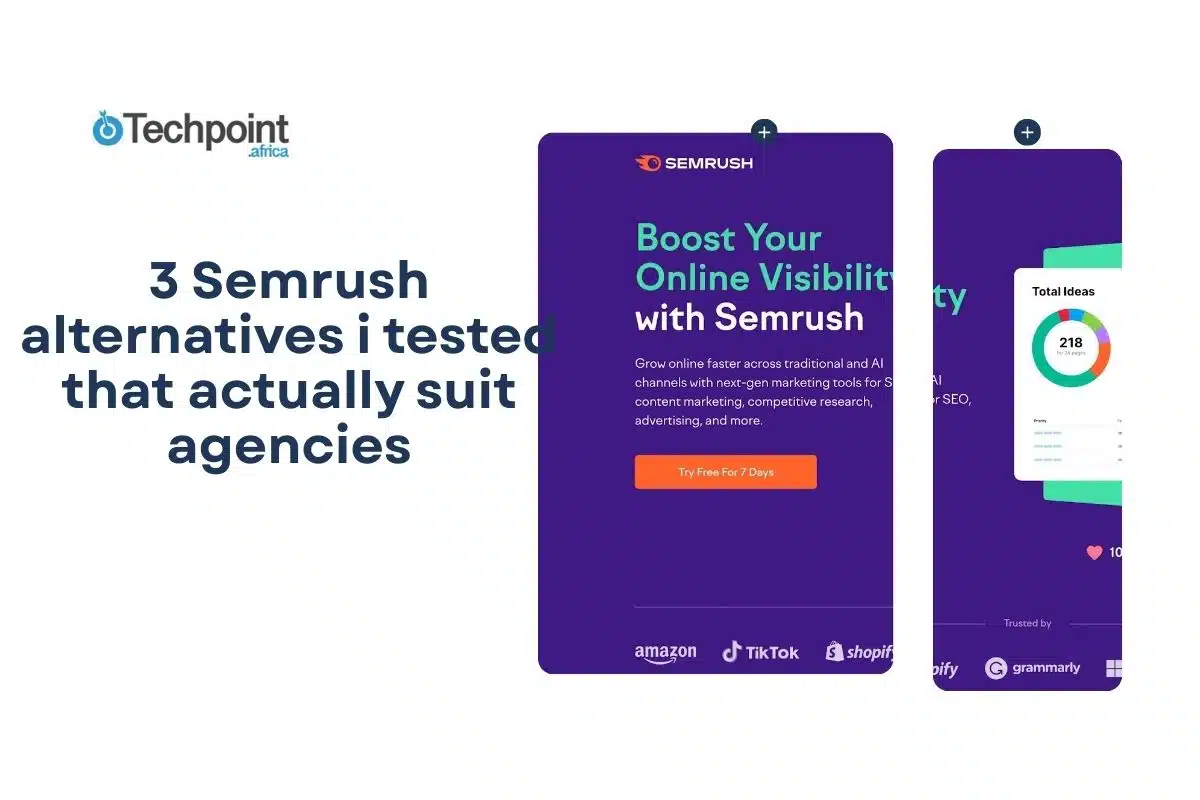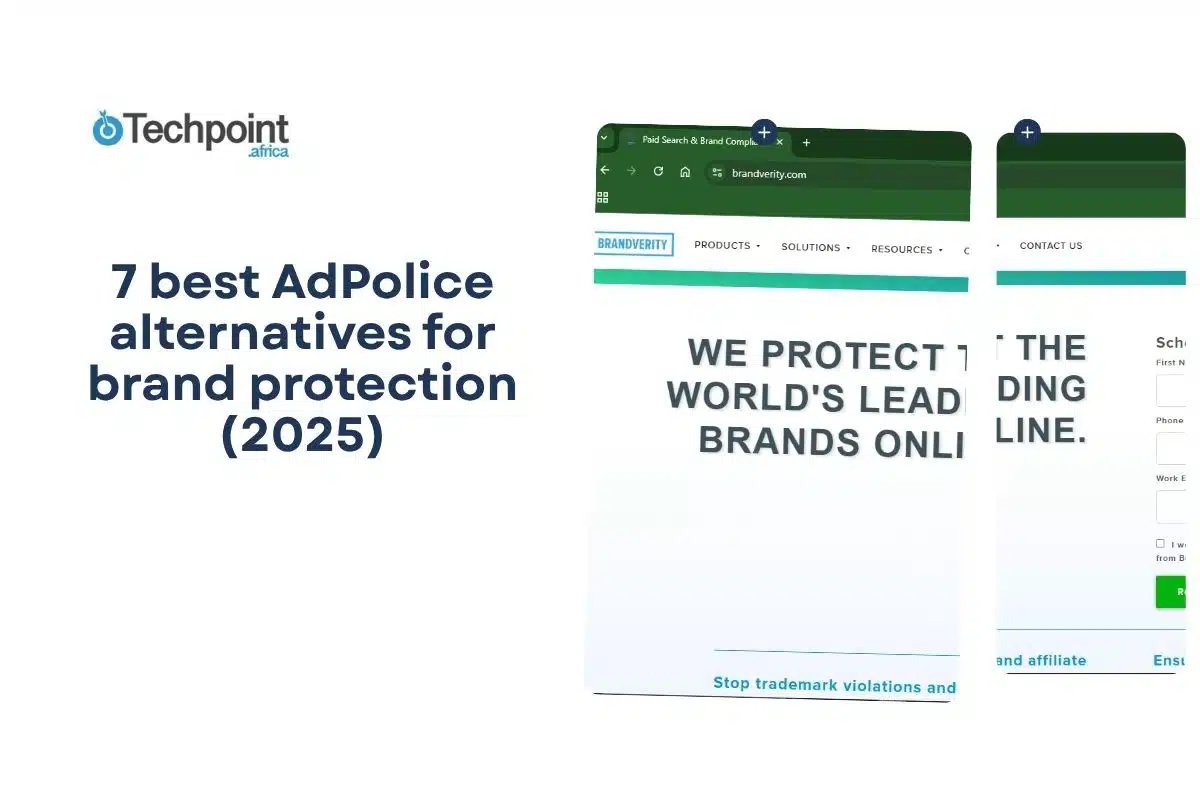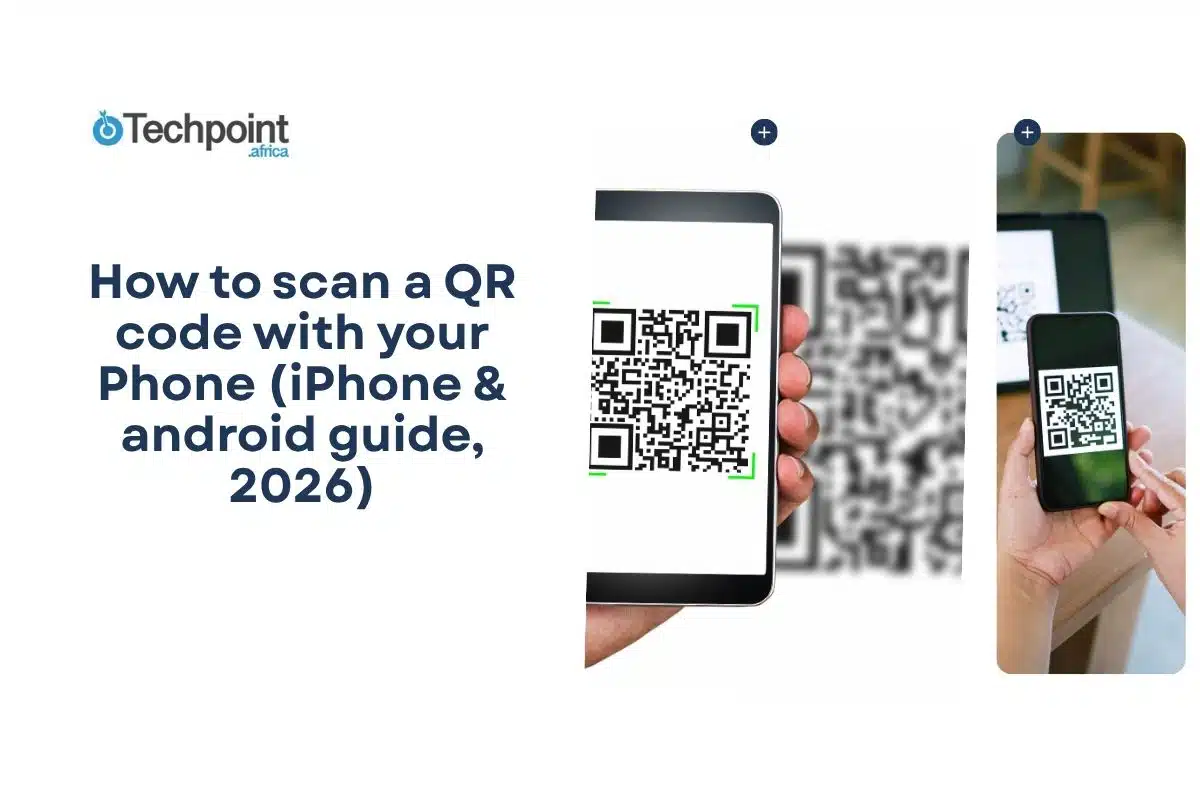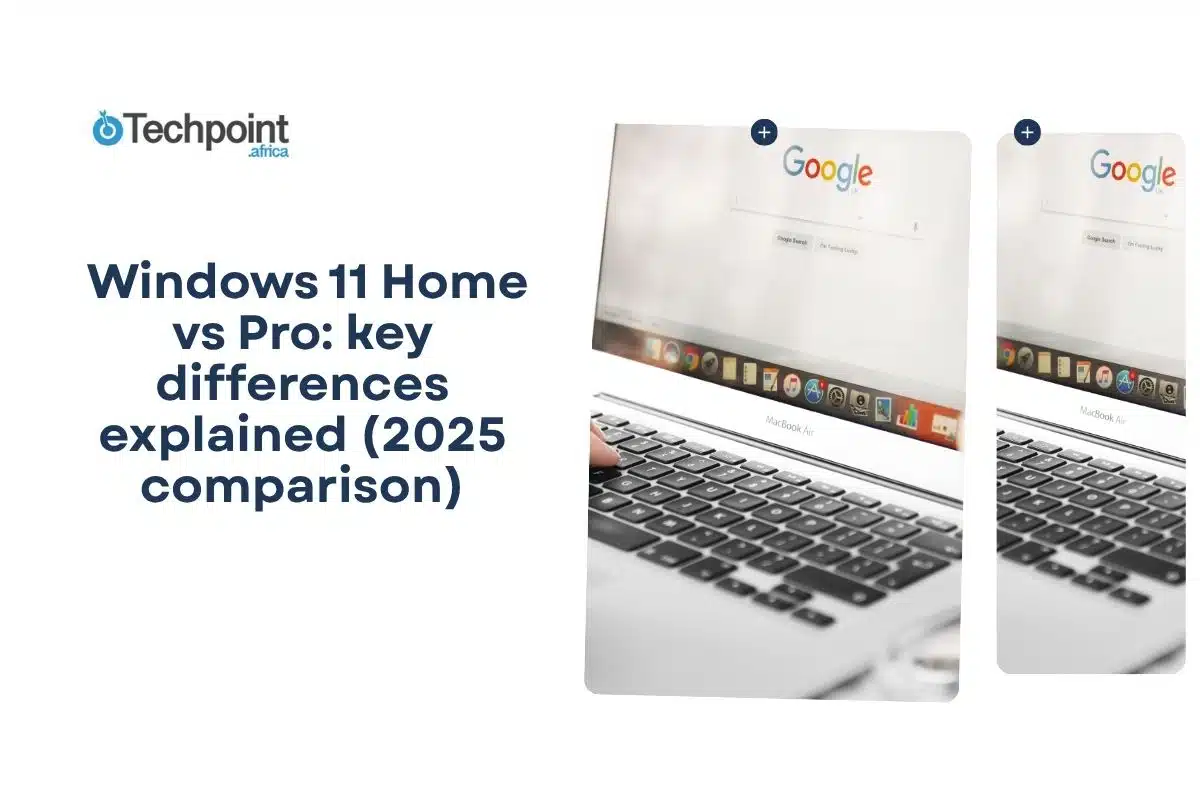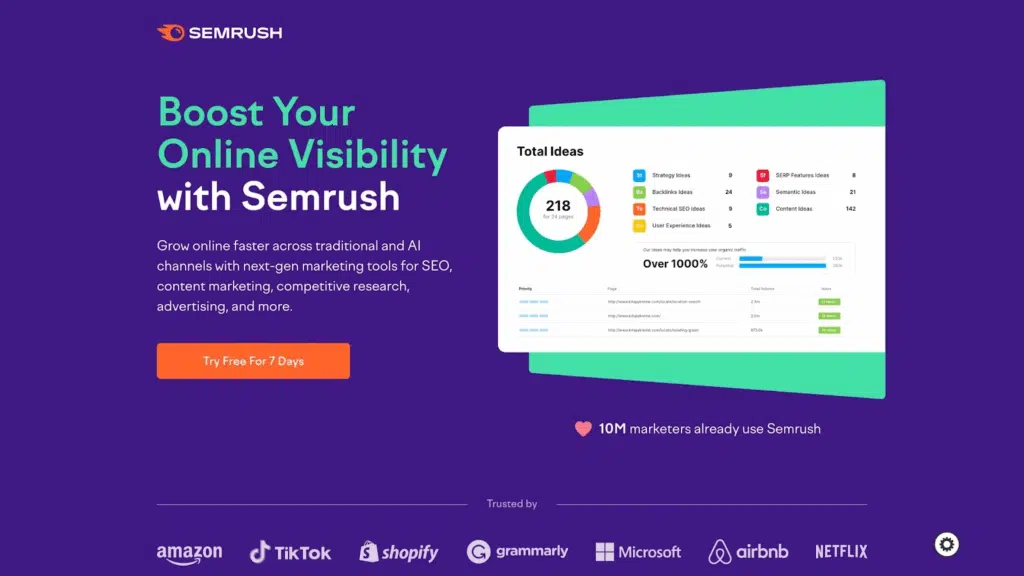
The $500 monthly Semrush bill was my wake-up call. For agencies juggling dozens of clients, the math just doesn’t add up—especially when core needs like white-label reporting and seamless team collaboration demand extra upgrades. That’s why I spent six months testing Semrush alternatives for agencies to see which tools actually deliver better client reporting, smoother workflows, and a stronger ROI.
In this guide, you will learn:
- The agency pain points Semrush fails to solve (and why they matter).
- Three tested Semrush alternatives designed for client-heavy workflows.
- A side-by-side comparison of features, pricing, and ROI.
- Practical recommendations for choosing the best tool for your agency’s size and goals.
Comparison Table
| Tool | Monthly cost (Agency) | Client projects | White label reports | Team management | Best agency features |
| Ahrefs | $179–$399 | Unlimited | Limited branding | Basic teams | Superior backlink data |
| SE Ranking | $55–$191 | Up to 1,000 | Full white-label | Advanced teams | Client management CRM |
| Serpstat | $69–$499 | Unlimited | Custom branding | Team collaboration | All-in-one affordability |
My 6-month agency testing protocol
To make sure the comparison was fair, I didn’t just skim through product demos or read feature lists. I tested each platform under real agency conditions for six months. That meant:
- Running 12 active client accounts across industries, including e-commerce, SaaS, and local businesses.
- Involving a 5-person agency team, each handling different aspects of SEO—technical audits, content strategy, and client reporting.
- Setting up client reporting automation and white-label customization to measure how easily each platform could generate professional, client-ready outputs.
- Tracking time savings versus Semrush for common tasks like keyword research, backlink audits, and weekly reporting.
- Calculating the total cost of ownership, factoring in add-ons, extra team seats, and usage limits.
This process gave me a realistic view of not just the features on paper, but also the day-to-day efficiency, cost impact, and client satisfaction each tool delivered.
Agency pain points: what Semrush gets wrong
For solo marketers, Semrush is often more than enough. But agencies managing multiple clients quickly run into challenges that eat into margins and efficiency. Here are the major sticking points I uncovered during testing:
- Per-Project Limitations Don’t Scale
Semrush restricts the number of projects you can run based on your plan. While this works fine for a freelancer, agencies handling 20+ clients find themselves upgrading sooner than expected. For example, the Pro plan caps projects at 5, which forces agencies onto higher tiers even if they don’t need the extra features.
- White-label reporting is a premium upgrade
One of the most important agency requirements is branded, professional client reporting. Semrush locks true white-label customization behind the expensive Business plan ($449/month). That means smaller agencies either settle for reports with Semrush branding—or overpay for features they don’t fully use.
- Team collaboration features are buried
Agencies thrive on collaboration. But with Semrush, assigning roles, sharing projects, and tracking progress feels like an afterthought. The permissions system isn’t intuitive, and adding multiple users drives costs up quickly. For lean teams, this becomes both a workflow and a financial bottleneck.
- Client management is scattered
Instead of a built-in CRM or client portal, Semrush forces agencies to patch together different tools. Onboarding a new client, keeping track of deliverables, and storing historical reports all require juggling spreadsheets or third-party integrations.
- Pricing doesn’t match agency margins
At $500+ per month for the Business plan, Semrush takes a serious bite out of agency profits. Worse, many of the “must-have” agency features—like full reporting and API access—are locked behind this high tier. For agencies working with thin margins, the ROI is questionable compared to newer, more flexible alternatives.
In short, Semrush remains powerful, but its structure doesn’t reflect the realities of agency life which are multi-client demands, lean teams, and the need for client-ready outputs at scale.
Ahrefs: The data powerhouse
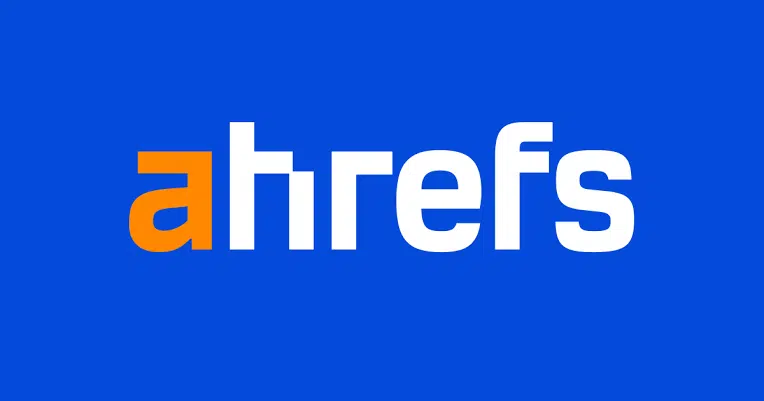
Ahrefs is one of the most recognized SEO platforms in the industry, best known for its massive backlink database and reliable competitive research tools. While it’s not purpose-built for agencies, its strength in data and unlimited project allowance make it a contender for teams managing multiple clients.
Features
- Site Explorer: Provides in-depth backlink and organic search profiles for any website, making competitive analysis faster.
- Keyword Explorer: Extensive keyword database with click metrics, which helps agencies predict traffic potential beyond search volume.
- Site Audit: Technical SEO crawls that flag site health issues, similar to Semrush but with a simplified reporting interface.
- Rank Tracker: Monitors keyword rankings across countries and devices, though reporting options are less customizable than agency-first tools.
- Content Explorer: Helps identify top-performing content across niches, useful for agencies focused on content marketing strategies.
Pros
- Unlimited projects on all plans: a big advantage over Semrush’s limitations.
- Industry-leading backlink database for link-building agencies.
- Accurate and frequently updated keyword data.
- Intuitive interface with faster competitive analysis than Semrush.
Cons
- White-label reporting is minimal.
- No built-in client portal or CRM.
- Team collaboration features are basic.
- Requires third-party tools for polished client reports.
Pricing
Ahrefs pricing starts at $179/month for the Standard plan and goes up to $399/month for the Advanced plan. While this undercuts Semrush’s $449/month Business plan, you’ll likely need a separate reporting solution (e.g., Google Data Studio, AgencyAnalytics), which adds to the overall cost.
Best For
Ahrefs is best suited for:
- Agencies specializing in technical SEO audits.
- Teams are heavily focused on link-building and backlink analysis.
- Agencies prioritizing competitor research over client reporting.
SE Ranking: The agency-built solution
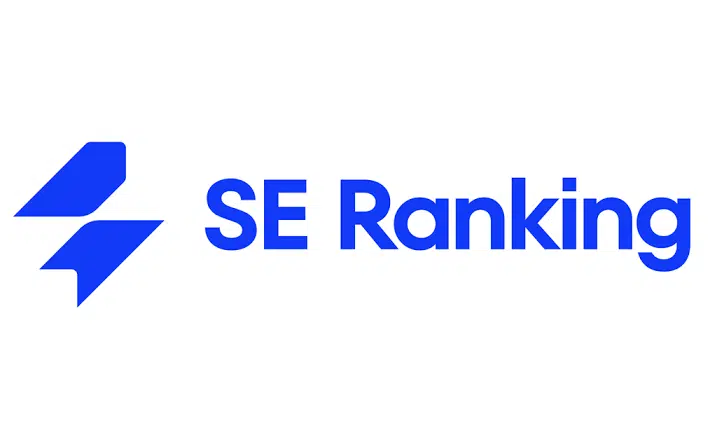
SE Ranking was designed with agencies in mind. Unlike Ahrefs, which shines in data depth, SE Ranking focuses on the workflows agencies care about most: client management, reporting, and collaboration. Its built-in CRM, white-label reports, and affordable pricing make it one of the most agency-friendly Semrush alternatives.
Features
- Client Management (CRM): A built-in client portal where agencies can store client data, manage projects, and streamline communication.
- White-Label Reporting: Fully customizable reports, including automated scheduling and branding options, without needing expensive add-ons.
- Team Collaboration: Advanced role permissions, task assignment, and time tracking tools, enabling smoother collaboration across teams.
- Keyword & Competitor Research: A robust keyword database and competitor tracking system, though slightly smaller than Ahrefs.
- Rank tracking & site audits: Reliable tracking and site health tools that help agencies deliver consistent updates to clients.
Pros
- Purpose-built for agencies, with features like CRM and white-label reporting included.
- Advanced collaboration tools with task management and time tracking.
- Intuitive interface with a short learning curve (3 days for team onboarding).
- Automates much of the client reporting process, saving agencies up to 40% in reporting time.
- Affordable compared to Semrush for comparable features.
Cons
- Smaller keyword and backlink database than Ahrefs.
- Reporting is powerful, but visualization options are less dynamic than third-party BI tools.
- May feel limited for agencies heavily focused on link-building.
Pricing
SE Ranking’s pricing ranges from $55/month (Essential plan) to $191/month (Business plan) when billed annually. Even the mid-tier Pro plan ($109/month) offers advanced reporting and client features that Semrush only unlocks at the $449/month level. This makes SE Ranking one of the most cost-efficient agency tools available.
Best For
SE Ranking is best suited for:
- Full-service agencies that manage multiple clients and require white-label reporting.
- Small to mid-sized agencies need advanced team collaboration at an affordable price.
- Agencies prioritizing client management and retention over raw backlink data.
Serpstat: the budget-friendly all-in-one
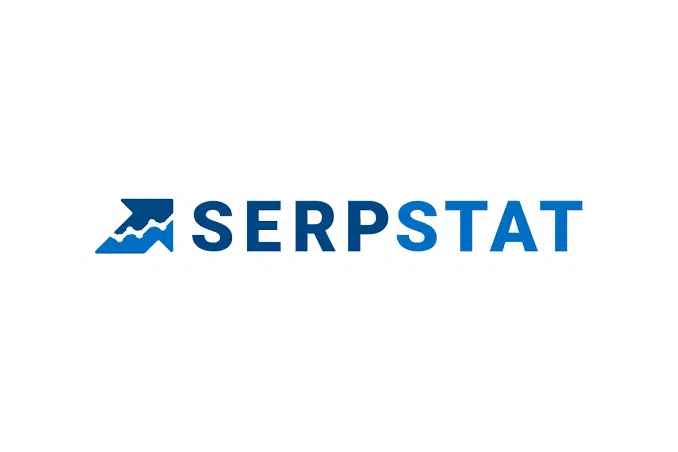
Serpstat positions itself as an affordable, all-in-one SEO platform that strikes a balance between functionality and cost. While it may not dominate in any single area like Ahrefs (backlinks) or SE Ranking (client reporting), it offers a wide range of tools at competitive pricing, making it attractive for budget-conscious agencies.
Features
- Keyword Research & Rank Tracking: A solid keyword database with regional and global coverage, plus daily rank tracking for client projects.
- Backlink Analysis: A decent backlink index with historical data, though smaller than Ahrefs’.
- Site Audit: Technical SEO auditing with clear recommendations for site improvements.
- White-Label Reporting: Custom branding and automated delivery options to simplify client communication.
- Team Collaboration: Shared workspaces and multi-user support for task delegation and project organization.
- All-in-One Toolkit: Includes PPC analysis, content marketing tools, and competitor tracking, which helps agencies consolidate multiple tools into one.
Pros
- Affordable entry point with plans cheaper than Semrush and Ahrefs.
- Offers a wide range of SEO, PPC, and content tools in one platform.
- Supports unlimited projects on most plans.
- Good team collaboration features, including shared workspaces.
- Customizable white-label reports at no additional cost.
Cons
- Backlink database and keyword index are smaller than leading competitors.
- Lacks advanced client management features like SE Ranking’s CRM.
- Reporting visuals are functional but less polished compared to premium tools.
- Learning curve is slightly longer (1–2 weeks) due to broad toolset.
Pricing
Serpstat pricing starts at $69/month for the Lite plan and scales up to $499/month for the Enterprise plan. The mid-tier Team plan ($299/month) offers unlimited projects, 10 team seats, and full reporting capabilities. These are features that cost nearly double with Semrush. This makes Serpstat one of the most affordable options for agencies handling multiple clients.
Best For
Serpstat is best suited for:
- Agencies on a budget that need a comprehensive, all-in-one tool.
- Growing agencies that require unlimited projects without steep pricing.
- Teams that value a balance between features and affordability rather than specialization.
Agency-specific feature comparison
Choosing the right SEO platform is about how well the tool supports agency workflows. Here’s how Ahrefs, SE Ranking, and Serpstat stack up against Semrush across the features that matter most to agencies.
1. Project Management
- Semrush: Caps the number of projects depending on your plan. Even at the Business tier ($449/month), you’re limited to 5,000 projects.
- Ahrefs: Wins here with unlimited projects on all plans, a huge plus for agencies onboarding new clients regularly.
- SE Ranking: Offers up to 1,000 projects on its top plan, which is more than enough for small to mid-sized agencies.
- Serpstat: Also allows unlimited projects, making it very scalable for growing teams.
Verdict: Ahrefs and Serpstat are best for scaling agencies, while SE Ranking balances scale with affordability.
2. White-Label Reporting
- Semrush: Locks full white-label customization behind the expensive Business plan.
- Ahrefs: Offers only limited branding options, so most agencies need external reporting tools.
- SE Ranking: Excels here with fully customizable white-label reports included from mid-tier plans onward.
- Serpstat: Delivers solid white-label reporting and automated delivery, though less customizable than SE Ranking.
Verdict: SE Ranking clearly leads for agencies where client reporting is a priority.
3. Team Collaboration
- Semrush: Offers team features, but additional seats drive up the already steep costs.
- Ahrefs: Basic role permissions and project sharing, but not built for deep collaboration.
- SE Ranking: Designed for teams, with advanced role-based permissions, task management, and time tracking.
- Serpstat: Provides shared workspaces and multi-user access, suitable for small to mid-sized teams.
Verdict: SE Ranking is the strongest choice for agency teamwork, while Serpstat is a good balance for growing teams.
4. Data Strength
- Semrush: Comprehensive keyword and backlink database, plus historical data going back 24 months.
- Ahrefs: The backlink leader, with one of the largest link indexes and accurate keyword data.
- SE Ranking: Reliable keyword and competitor tracking, but a smaller database compared to Semrush and Ahrefs.
- Serpstat: Covers keywords, backlinks, and technical SEO decently but lacks the depth of Semrush or Ahrefs.
Verdict: Ahrefs wins for backlink-driven agencies; Semrush still leads in historical keyword depth.
5. Pricing and ROI
- Semrush: $449/month for Business plan with full agency features.
- Ahrefs: Starts at $179/month, but you’ll likely need an external reporting solution.
- SE Ranking: Starts at $55/month, with the Pro plan ($109/month) covering most agency needs.
- Serpstat: Starts at $69/month, with the Team plan ($299/month) offering full features at a lower cost than Semrush.
Verdict: SE Ranking offers the best value for agencies prioritizing reporting and management. Serpstat is the strongest budget-friendly all-in-one option.
My agency-specific recommendations
After six months of hands-on testing, here’s how the alternatives stack up depending on your agency’s needs:
- Best Overall Agency Tool: SE Ranking
Purpose-built for agencies with CRM, advanced reporting, and collaboration features. It offers the best balance of functionality and cost savings compared to Semrush.
- Best Budget Alternative: Serpstat
A solid all-in-one platform for agencies that need broad SEO capabilities at a fraction of the cost. While it doesn’t excel in any one area, it covers enough ground for budget-conscious teams.
- Best for Large Agencies: Ahrefs
Unlimited projects and unmatched backlink data make Ahrefs ideal for agencies managing dozens of clients or specializing in competitive research and link-building.
- Best for Specialized Agencies: Ahrefs (link-focused) / SE Ranking (reporting-focused)
If your niche is link-building, Ahrefs is unbeatable. If your niche is client retention and reporting, SE Ranking is the better choice.
Key insights & trends
- Agency-focused features are now industry standard: White-label reporting and multi-client support are no longer premium add-ons — they’re becoming baseline expectations.
- Pricing is shifting toward agency-friendly models: Tools like SE Ranking prove you don’t need a $500/month plan to deliver agency-grade reporting and management.
- Efficiency beats feature lists: Agencies care less about who has the biggest database and more about how fast tasks get done and how professional the output looks.
- Migration is easier than expected. Modern SEO tools provide smooth onboarding, making the switch from Semrush far less disruptive than many agencies fear.
FAQs
- Which Semrush alternative offers the best client reporting?
SE Ranking stands out with fully customizable, automated white-label reports included in mid-tier plans.
- Can I manage 50+ clients effectively without Semrush?
Yes. Both Ahrefs and Serpstat allow unlimited projects, while SE Ranking supports up to 1,000 on its top plan.
- How long does it take to migrate client data to a new platform?
On average, 1–2 weeks. Most tools support CSV or API data imports, and with trial periods, agencies can run both systems side by side before switching.
- Which tool offers the best ROI for mid-size agencies?
SE Ranking offers the strongest ROI, with plans starting at $55/month, a fraction of Semrush’s Business plan, while still covering essential agency workflows.
- Should I ever stick with Semrush despite its cost?
If your agency relies heavily on Semrush’s advanced historical data or enterprise integrations, it may still be the best fit. However, for most small to mid-sized agencies, alternatives offer better value.
Conclusion
Semrush is a powerful tool, but for agencies, it often comes at a cost that outweighs its value. Ahrefs, SE Ranking, and Serpstat each prove that you don’t need to overspend to deliver client-ready results, scale operations, and keep your team efficient.
Before making the switch, test one of these alternatives with a few client accounts, evaluate the workflow, and compare costs against your current setup. The right tool isn’t just about features; your pick should improve your agency’s profitability and client satisfaction.
You may also like:
10 best AI tools for SEO in 2025 to boost your rankings effortlessly
Autoblogging AI review

